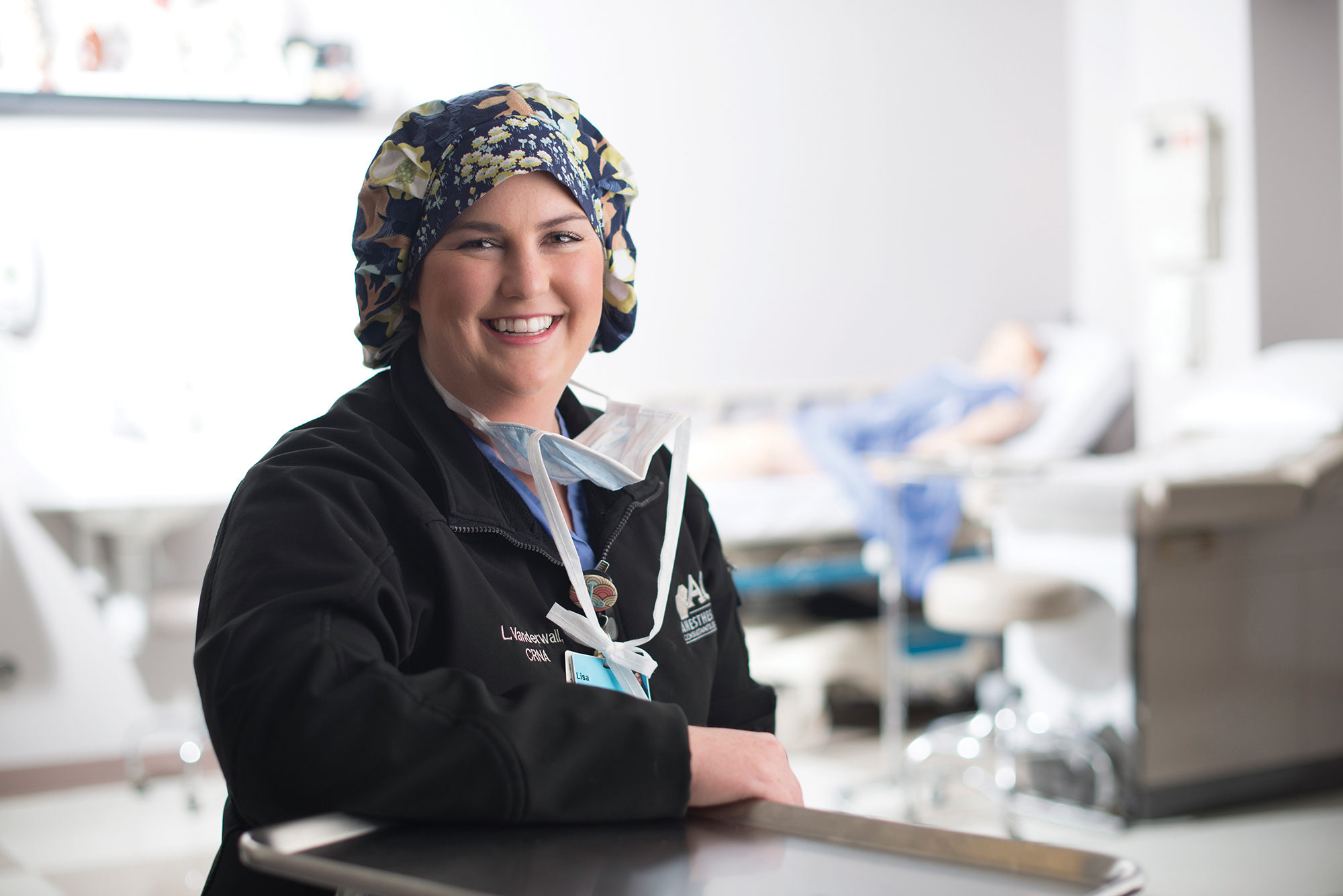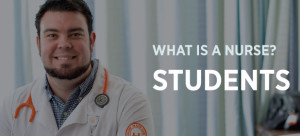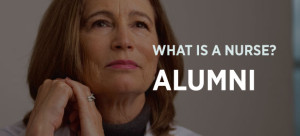By Elizabeth A. Davis
If you want to go into a very highly regarded career field or get an honest answer, try nursing.
In 14 out of the last 15 years, nurses have ranked the highest in a Gallup poll on professionals Americans view as the most honest and ethical. That’s good news considering the demands placed on nurses today, the increasing complexity of health care and the expanding workforce opportunities for those seeking careers in nursing.
Across the University of Tennessee System, each undergraduate campus and the Health Science Center based in Memphis offer various nursing degrees. Nearly 600 total nursing students graduated last year across all campuses in Knoxville, Chattanooga, Martin and Memphis. From working as registered nurses to nurse practitioners and nurse scientists, UT students have a number of options for entering the nursing profession, advancing their careers or being on the forefront of research that impacts all of health care.
“It’s important that we provide nursing programs on all of our campuses because of different needs and growing demand across our state,” says UT President Joe DiPietro. “UT is able to provide the highest quality education for nurses at all levels, and the caliber of training has been shown to improve quality of care and outcomes for patients.”
Nursing has evolved around its roots of patient advocacy. Patients tend to interact more frequently with nurses of all levels within primary care settings or hospitals, and experts say that interaction will only increase in the future. Boosting the number of insured Americans under the Affordable Care Act as well as an aging population is increasing the need for more health care professionals to care for more patients, and often nurses fill that need.
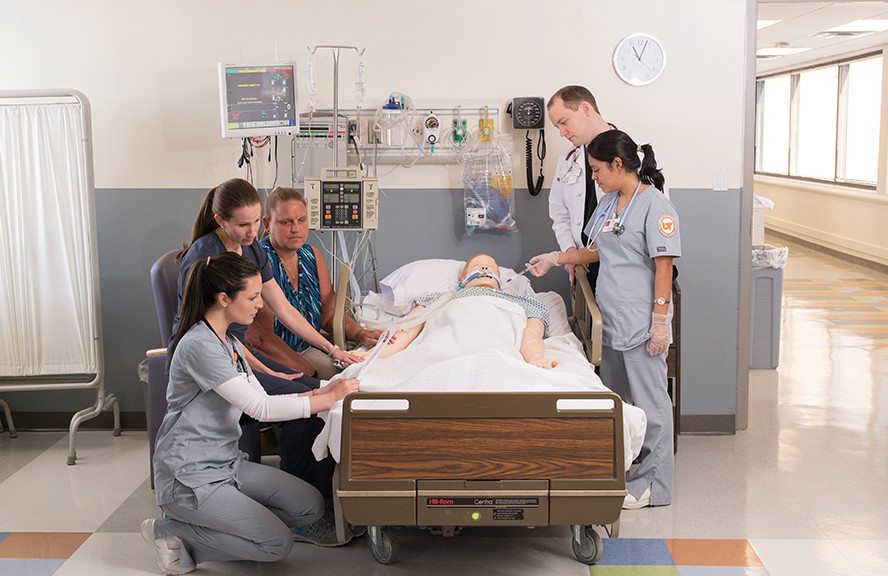
Roles of nurses have extended beyond taking vital signs to writing prescriptions and working in research to find ways to improve patient outcomes. The Tennessee Alumnus interviewed students and alumni from each campus to get a snapshot of the past, present and future of nursing and learn why UT nurses love what they do.
De-coding Nursing
Nursing titles reflect a variety of degrees and qualifications. Here are explanations for some common abbreviations:
Degrees
BSN: Bachelor of science in nursing
MSN: Master of science in nursing
MSN-CNL: Master of science in nursing, clinical nurse leader
DNP: Doctor of nursing practice
Ph.D.: Doctor of philosophy in nursing
Certifications and Licenses
LPN: Licensed practical nurse, works under the supervision of a registered nurse
RN: Registered nurse, has an associate’s or bachelor’s degree and has passed the mandatory standardized state testing for licensure
APRN: Advanced practice registered nurse, has a master’s or doctoral degree and national certification from an accredited institution to practice. APRNs may assess, diagnose and treat patients, including prescribing medications. APRNs may be nurse practitioners, nurse anesthetists, nurse midwives or clinical nurse specialists. Tennessee law requires APRNs have a supervisory agreement with a physician; however, they may own and operate their own practices as appropriate.
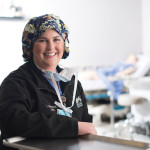
UT Chattanooga, School of Nursing
Director: Chris Benz Smith, associate professor, Ph.D., FNP-BC
Website
Degrees by year
RN-BSN and BSN, 1973
MSN clinical nurse specialist, 1990
MSN family nurse practitioner and MSN nurse anesthesia, 1994
DNP, 2010
Total 2014 graduates: 177
Did you know?
The RN-BSN and DNP programs are completely online. A distance program for nurse anesthesia students in Tupelo, Mississippi, allows them to take classes in real time with Chattanooga students but do clinical work in Tupelo.
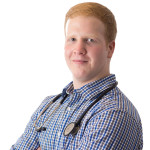
What has changed?
The use of technology from online courses to the classroom, including a simulation lab. UTC is developing a simulation program for medical residents, medical students, physicians, nurse practitioners and faculty to work in inter-professional groups and learn from each other in real-life scenarios.
What is the future?
States should allow advanced practice nurses to practice to the fullest extent of their education. We need to continue to focus on patient-centered care, and home health will become a bigger focus of providers’ care. Entry into practice will be at the baccalaureate level for all registered nurses.
UT Health Science Center, College of Nursing
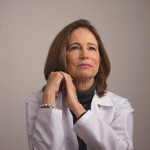
Dean: Wendy Likes, associate professor, Ph.D., DNSc, APRN-BC
Website
Degrees by year
College established in 1927
BSN, 1950
Accelerated BSN, 1974
RN-BSN, 1953
MSN, 1973
MCNL, 2006
DNP, 2005 (transitioned from DNSc, which was established in 1999)
Ph.D., 1988
Total 2014 graduates
163
Did you know?
UTHSC’s PhD and DNP programs were the first established in Tennessee. Because our college is located at the Health Science Center, students have the unique opportunity for multi-disciplinary work. Our students work side by side with the other health professionals.
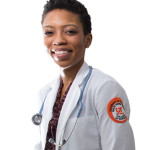
What has changed?
To educate the nurses of the future, we have added or enhanced new programs. Our Ph.D. program is small to ensure a good match between mentor and mentee to produce the best nurse scientist possible. Our Ph.D.-DNP dual degree program was developed in a response to the need for translational research.
What is the future?
There will be a demand for primary care advanced practice nurses to fill the gap in health-care services. We also will see more of a focus on prevention and care in outpatient and ambulatory settings. We need to ensure we are educating a nursing workforce that can help a health-care system in crisis to develop and test new models of care.
UT Knoxville, College of Nursing
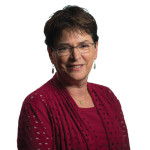
Dean: Victoria P. Niederhauser, professor, DrPH, RN
Website
Degrees Offered and Years Established
BSN, 1972
RN-BSN, 1975
Accelerated BSN, 2011
MSN, 1978
Ph.D., 1989
DNP, 2011
Total graduates in 2014
199
Did you know?
The college operates a nurse-managed clinic in conjunction with Knox County Schools, and students started a philanthropy that provides fingerprint charms to families upon the death of a child.
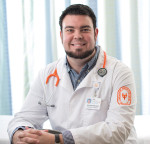
How has nursing education changed on campus?
The college provides distance education programs and inter-professional education, including educating students in nursing, engineering, pharmacy and medicine together to provide care to patients and families.
What is the future of nursing?
There will be a great need for more nurses to provide care for an aging Baby Boomer population as 10,000 people will turn 65 each day for the next 19 years. Advanced technology will allow individuals to better track health and wellness through handheld technology and become better-informed patients and consumers.
UT Martin, Department of Nursing
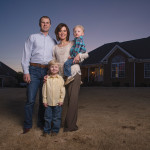
Chair: Mary Radford, associate professor, Ed.D., MSN, RN, CNOR
Website
Degrees by year
BSN, 1989
RN-BSN, 1999
Total graduates in 2014: 51
Did you know?
Students complete three years of clinical rotations, beginning in the sophomore year.
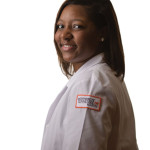
What has changed?
Curriculum revisions have been made over the years to facilitate the changing world of health care and the profession of nursing. Additional clinical sites have been added to provide more variety in clinical rotations.
What is the future?
Though there is a clear need for nurses and that need is projected to increase over the next few years, the closure of rural hospitals will significantly affect nursing. Nurses will move from the majority of hospital-based care to more community-based settings. Although graduate education is an important part of the profession, high-quality, skilled, compassionate bedside care makes up the heart of what nurses do.
